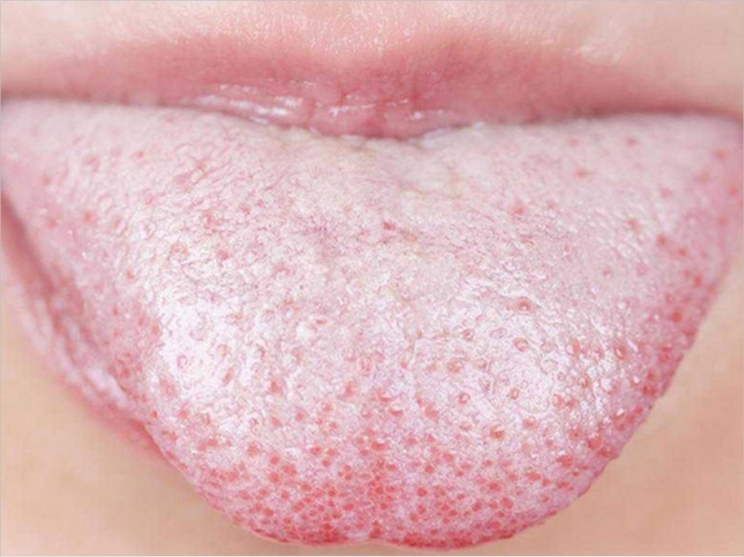
When fungal infections become resistant to medicine, starving them may be an option, according to researchers at the University at Buffalo (UB) and Temple University. To treat Candida albicans, a common yeast that can cause illness in those with weakened immune systems, the researchers limited its access to iron, which is crucial to its survival.
Using deferasirox, a medication used to treat blood disorders, the researchers decreased iron levels in the saliva of mice by a factor of four. Doing so altered the expression of more than 100 genes in the fungus, diminished its ability to infect oral mucosal tissue, and reduced the organism’s survival rate by a factor of two.
“In the absence of novel drug candidates, drug repurposing aimed at using existing drugs to treat diseases is a promising strategy,” said Mira Edgerton, DDS, PhD, co-lead investigator of the study and research professor in the UB School of Dental Medicine Department of Oral Biology.
Only three major classes of clinical antifungal drugs exist, but fungal drug resistance has steadily increased and no new classes of antifungals have emerged in decades, said Edgerton. Candida albicans, which is among the fungi that are building resistance, is responsible for multiple infections including oral thrush.
Identified by a white film that coats the tongue and throat, oral thrust causes painful swallowing and denture-related stomatitis, a fungal infection that affects nearly two-thirds of denture wearers in the United States and causes inflammation, redness, and swelling in the mouth.
Candida albicans also is the fourth leading cause of hospital-acquired bloodstream infections, which often have high mortality rates, said Edgerton. It is the most abundant fungus in the oral microbiome and relies heavily on saliva as a source for essential elements. Iron, the second most abundant metal in saliva, is critical to several of the fungus’ cellular processes, including energy production and DNA repair.
The researchers added deferasirox to the mice’s drinking water to lower the iron levels in their saliva and reduce the availability of iron needed to sustain an infection. The Candida albicans in the mice who received the treatment were less likely to survive attacks by the immune system, subsisting at a 12% survival rate compared to 25% in mice that did not receive the treatment.
The therapy also altered the expression of 106 genes by the fungus, a quarter of which were involved in the regulation of iron metabolism, directly regulated by iron or had iron-related functions. The study is the first report of iron starvation affecting gene expression of Candida albicans in real time during live infection, the researchers said.
Other research has shown that treatment with deferasirox does not result in iron deficiency in adults with normal iron levels, forming the potential for preventive treatment for those who also are vulnerable to mucosal infections, the researchers said.
The study, “Iron Chelator Deferasirox Reduces Candida Albicans Invasion of Oral Epithelial Cells and Infection Levels in Murine Oropharyngeal Candidiasis,” was published by Antimicrobial Agents and Chemotherapy.
Related Articles
C Albicans Grows on Trees as Well as in Your Mouth
Antimicrobial Protein Combats Oral Thrush
Blocking Yeast-Bacteria Interaction May Prevent Early Childhood Caries











